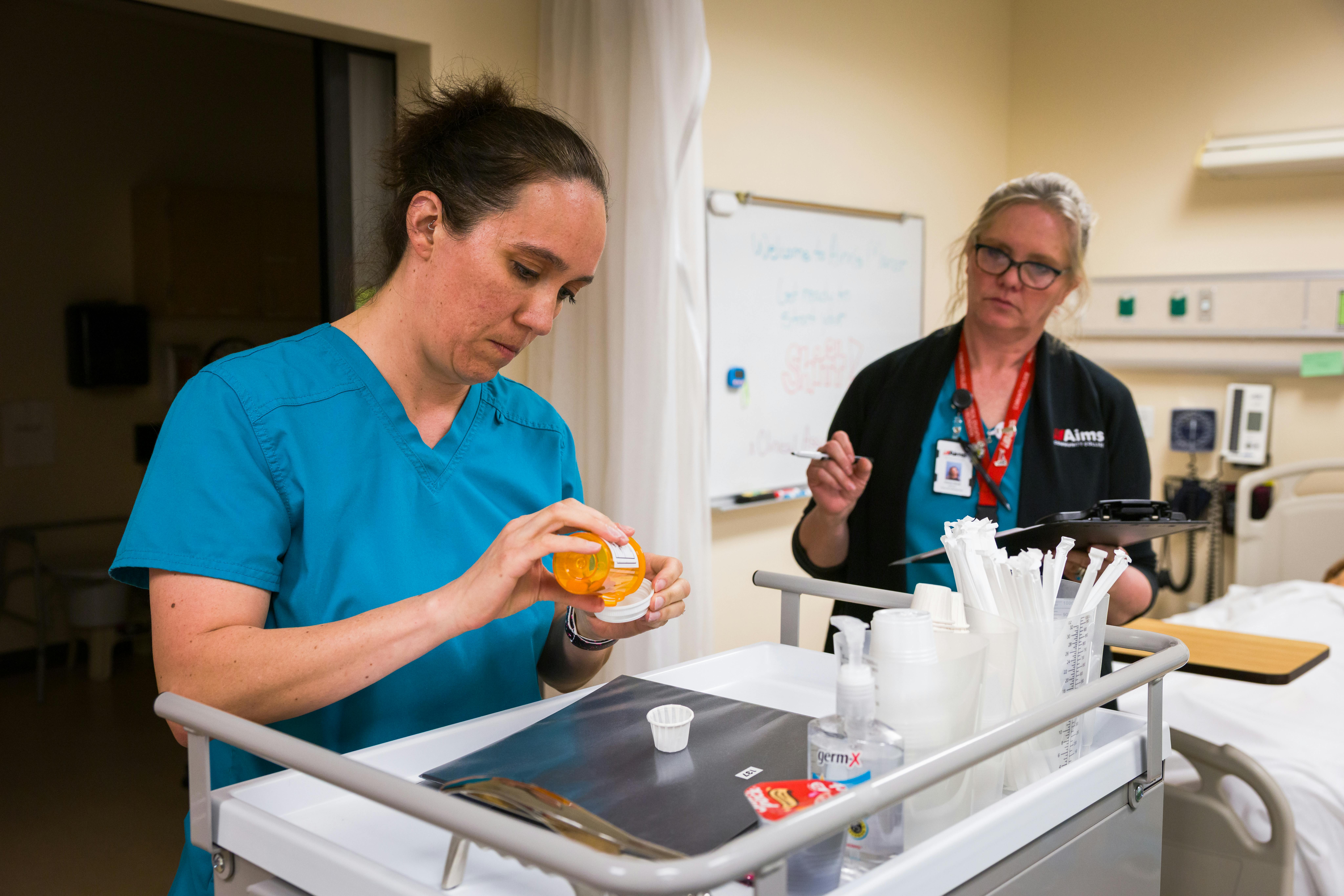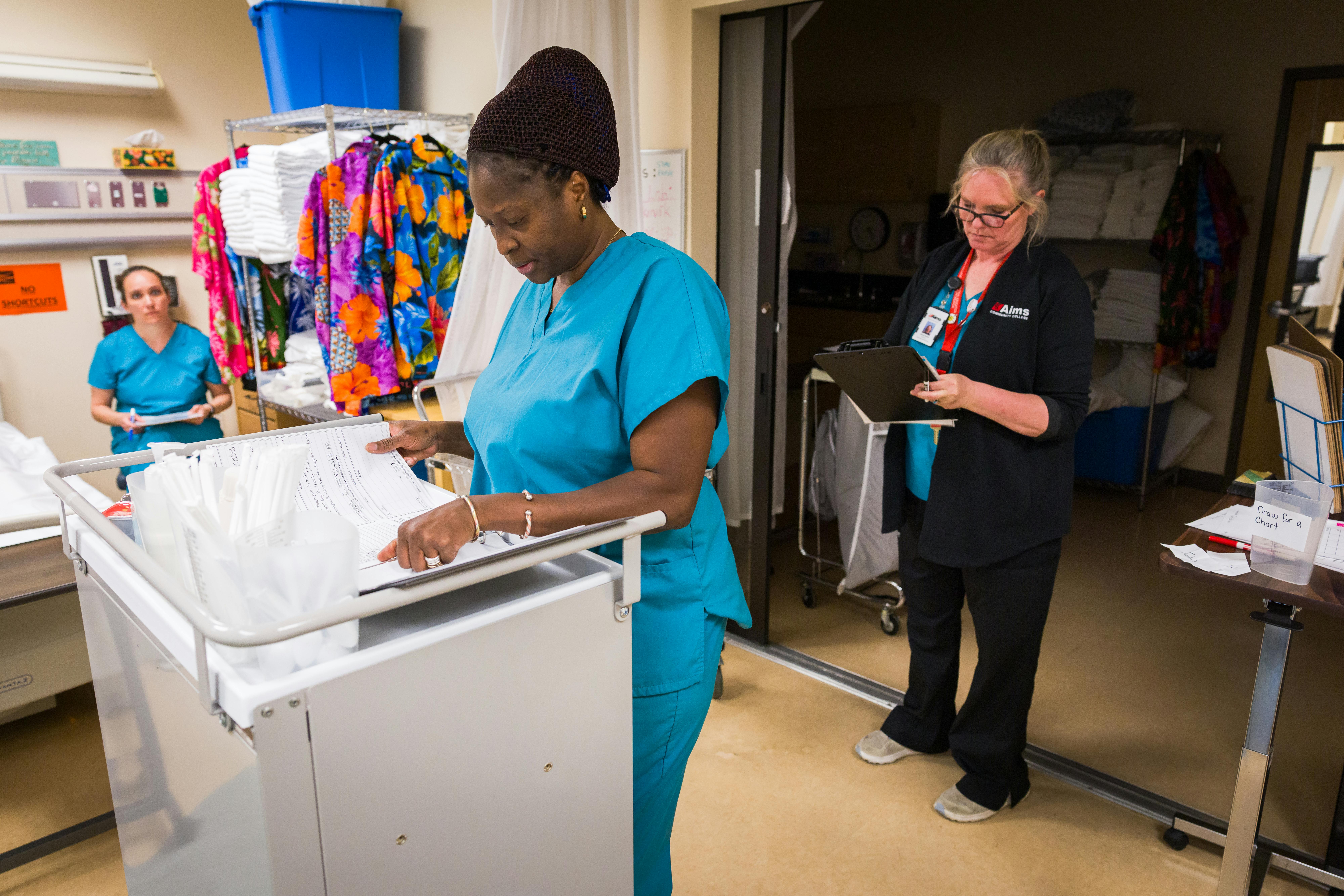Colorado Medication Aide Training Program (COMA)
Apply to the Colorado Medication Aide Training Program and gain the skills you need to safely administer medications and make a greater impact in patient care.
Start your journey today!




